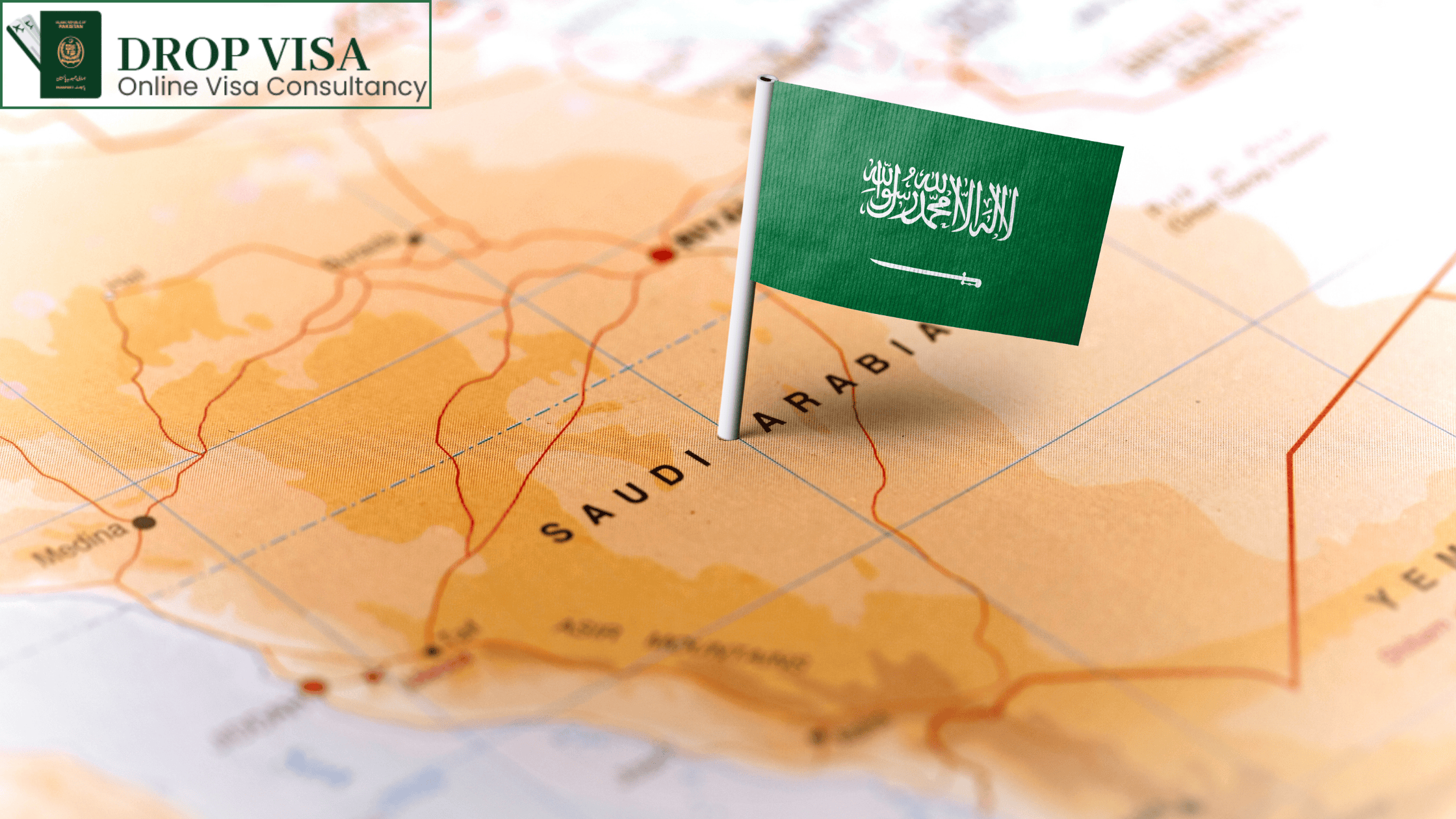What You Need To Know Before You Apply For Saudi Arabia Visa

Saudi Arabia has become an increasingly popular destination for business, tourism, religious pilgrimages, and employment. Before applying for a visa, it is essential to understand the requirements, application process, costs, and restrictions to ensure a smooth experience. In this guide, we will cover everything you need to know before applying for a Saudi Arabian visa in 2025. Visit Drop Visa for visa information.
Do I Need a Visa to Visit Saudi Arabia?
Some nationalities qualify for visa-free entry, visa-on-arrival, or eVisa options. Citizens from GCC (Gulf Cooperation Council) countries do not require a visa. It is advisable to check the latest visa policies based on your nationality before making travel arrangements.
Types of Available Saudi Visas
Saudi Arabia offers various visa categories based on the purpose of travel. Below are the common types: 1. Business Visa This visa is for professionals traveling for business meetings, conferences, or trade-related activities. It usually requires an invitation from a Saudi company. 2. Umrah Visa This visa allows Muslim travelers to perform Umrah outside of the Hajj season. It can be applied online through the Saudi Ministry of Hajj and Umrah or authorized travel agents. 3. Hajj Visa Muslims intending to perform Hajj must obtain this visa through an authorized travel agent. Hajj visas are only issued during the designated Hajj season. 4. Tourist Visa/eVisa The Saudi eVisa is available for citizens of eligible countries and allows for tourism, leisure, and short-term visits. 5. Visa on Arrival Saudi Arabia provides a visa-on-arrival option for select nationalities. Visitors can apply upon arrival at Saudi airports but must meet specific conditions such as having a valid US, UK, or Schengen visa. 6. Family Visit Visa This visa allows expatriates residing in Saudi Arabia to bring their immediate family members for temporary visits. 7. Residence Visa or Work Permit For those planning to live and work in Saudi Arabia, a residence visa (Iqama) is required. This visa is usually sponsored by an employer.
8. Transit Visa Travelers transiting through Saudi Arabia for over 12 hours may need a transit visa, depending on their nationality and travel route. 9. Saudi Arabia Visa Scheme for GCC Residents GCC residents can apply for an eVisa or visa on arrival under specific conditions. The applicant's profession should be recognized by Saudi authorities.
How to Apply for a Saudi Arabia Visa?
The Saudi visa application process varies depending on the visa type but generally follows these steps: Determine Visa Type: Identify the visa that best suits your travel purpose. 1.Gather Required Documents: Prepare necessary documents such as passport copies, photographs, travel itinerary, and financial proof. 2.Apply Online or Through an Agent: Depending on the visa type, you can apply via the Saudi eVisa portal, an embassy, or an authorized visa agent. 3.Pay the Visa Fee: Complete the payment online or through the designated visa processing center. 4.Schedule an Appointment (If Required): Some visa categories may require an appointment for biometrics or interviews. 5.Track Your Application: Use the official Saudi visa tracking system to monitor the status of your application. 6.Receive Your Visa: Once approved, your visa will be stamped in your passport or sent as an eVisa via email.
Saudi Visa Fees
Saudi Visa Status Check Online
Applicants can check their visa status online through the Enjaz website or the Saudi Ministry of Foreign Affairs (MOFA) portal. You will need your application reference number and passport details.
Restrictions and Important Considerations
Key Notes
Applying for a Saudi Arabian visa requires careful preparation and adherence to regulations. Understanding the different visa types, fees, processing time, and requirements will help ensure a smooth application process. Stay updated with the latest visa policies and requirements on DROP VISA to make your journey hassle-free. Whether you’re planning to visit for business, religious purposes, or tourism, being well-informed about the Saudi visa process will help you avoid unnecessary delays and complications. Check now Saudia Visa information at Drop Visa
Worldwide Visa Information for Pakistani Passport:

